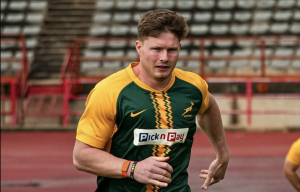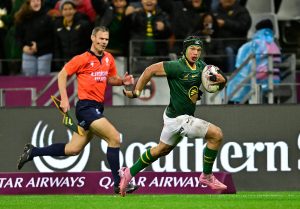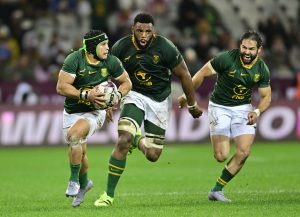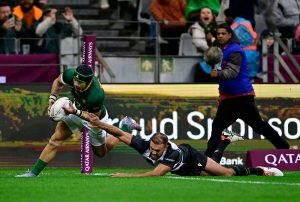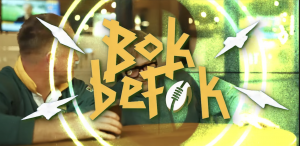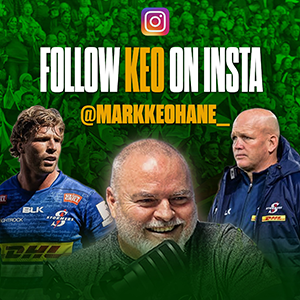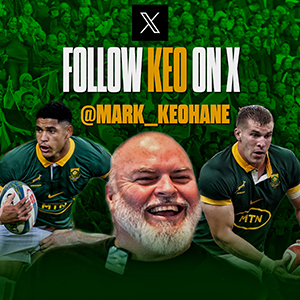Saluting Sonny Bill
Mark Keohane, writing for IOL Sport
Sonny Bill Williams may have worn New Zealand black but he could comfortably have been wearing green and gold, such was his appeal to South Africans, especially Cape based rugby fans.
Williams, whose following in Cape Town was bigger than even the most popular local Stormers and Springboks players, endeared himself to the Western Cape and South African rugby public.
For one, he called Cape Town ‘my second home’ and was among the first to congratulate the Springboks on winning the Rugby World Cup in 2019.
‘My South African wife’s family will be happy,’ was among his first-up comments.
Williams’s wife Alana (formerly Raffie), is South African-born and Australian schooled.
Both Williams and his wife are devout Muslims, with Williams having converted to Islam while playing for Toulon in France in 2008.
Williams, in explaining his conversion, singled out the example of a Tunisian family that solidified his belief in the ‘beauty of Islam’.
‘It was a family of four or five (children) and they had a one-bedroom house and they all slept in the loungeroom. I spent the majority of my time there … plenty of time sleeping on the floor in the house. The contentment, the solace, the happiness that they had in that household … was beautiful … so that’s how I really started getting into Islam.’
Williams’s sporting career transcended rugby league and rugby union, and also included seven unbeaten Heavyweight boxing fights, including being crowned New Zealand Heavyweight Champion and beating veteran South African Francois Botha.
While Australians and New Zealanders have always known Williams for his rugby league exploits as much as his impact in rugby union, the majority of South Africans got to know Williams from 2010 onwards when he converted to union and immediately made an impact comparable with Jonah Lomu’s 1995 World Cup explosion.
No player in union could offload in the tackle with such regularity, efficiency and impact and Williams’s approach to centre play made for riveting viewing. If Sonny Bill was playing, it was worth the entrance fee.
His career legacy, outside of all the silverware, was his belief that anything was possible, his humility, especially since his conversion, and the manner in which he practiced his faith.
Every Sonny Bill offload is a memory and YouTube is flooded with video tributes to Williams in league and union. He won everything there is to win in union and all that escaped him in league was winning the World Cup with the Kiwis. He played in the 2013 final defeat against Australia’s Kangaroos but the next day was named the World Player of the Year.
He played 140 league matches, won National Rugby League titles in Australia with the Bulldogs and Roosters and played internationally for the Kiwis. His union career included spells at Toulon, Canterbury, Crusaders, Chiefs, Panasonic Wild Knights, Counties Manukau, Blues, All Blacks and also the New Zealand Sevens.
In 30 years of writing professionally about rugby, he is the overseas midfielder who made the biggest impression on me. He did things with the ball that I had not seen others in a No 12 jersey do, and he did it several times a match. His ability to commit two to three defenders to a tackle and still produce an effective offload defined his play.
But if you want an image that defined his personality, it has to be Williams consoling Springboks centre Jesse Kriel after the 2015 World Cup semi-final.
The All Blacks won 20-18 and as Williams lifted a dejected Kriel to his feet, he complimented the Springboks and Kriel and said that the roles could so easily have been reversed. His elation at winning was secondary to his empathy for a beaten opponent.
Williams commanded respect within the teams he played and among the opposition.
Rugby League and Rugby Union are the poorer for his retirement, but both codes are the richer for having experienced him, as a person and as a player.
Also read: Sonny Bill Williams, my sporting hero – Oliver Keohane

